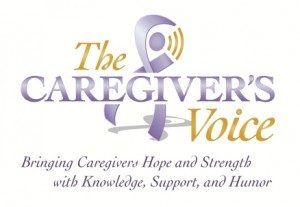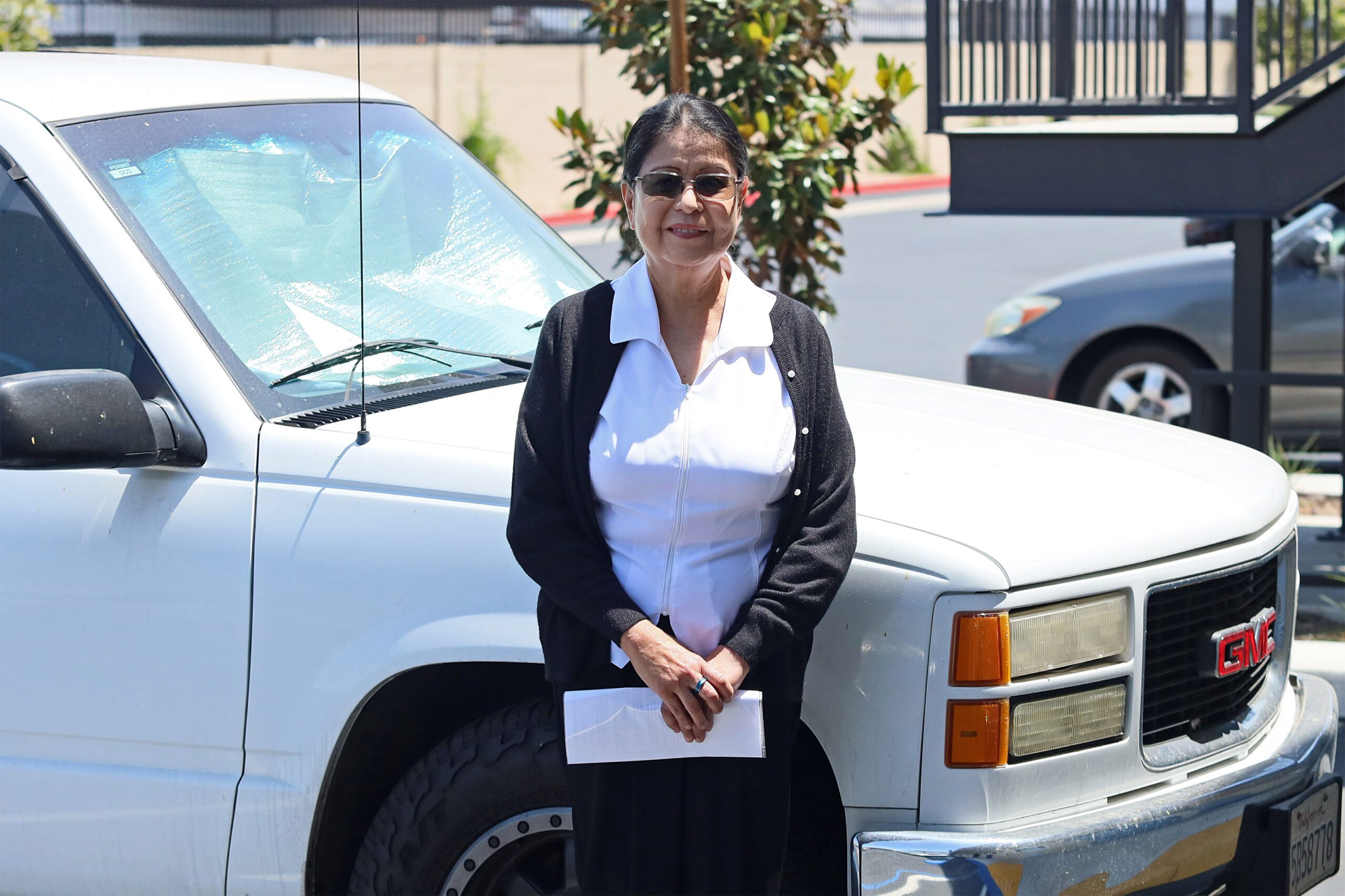MONEY PROBLEMS are inevitable for people with Alzheimer's handling their own finances. Learn how to spot them, what steps to take, and how to protect your loved ones from becoming victims of scams or financial abuse.
Early on, a person with Alzheimer's may be able to perform basic tasks, such as paying bills, but he or she is likely to have problems with more complicated tasks, such as balancing a checkbook or check-register. As the disease gets worse, the person may try to hide financial problems to protect his or her independence. Or, the person may not realize that he or she is losing the ability to handle money matters.
You can get consent to manage the person's finances via a durable power of attorney for finances, preferably while the person can still understand and approve the arrangement. You can also ensure that the person finalizes trusts and estate arrangements.
MORE INFORMATION:
The Alzheimer's Disease Education and Referral (ADEAR) Center is a service of the National Institute on Aging, part of the National Institutes of Health. The Center offers information and publications for families, caregivers, and professionals about Alzheimer's disease and age-related cognitive changes.
SOURCE: National Institute on Aging, part of the National Institutes of HealthOriginal Article
Early on, a person with Alzheimer's may be able to perform basic tasks, such as paying bills, but he or she is likely to have problems with more complicated tasks, such as balancing a checkbook or check-register. As the disease gets worse, the person may try to hide financial problems to protect his or her independence. Or, the person may not realize that he or she is losing the ability to handle money matters.
Signs of Money Problems
Look for signs of money problems such as trouble counting change, paying for a purchase, calculating a tip, balancing a checkbook, or understanding a bank statement. The person may be afraid or worried when he or she talks about money. You may also find:- Unpaid and unopened bills
- Lots of new purchases on a credit card bill
- Strange new merchandise
- Money missing from the person's bank account
Take Steps Early
Many older adults will be suspicious of attempts to take over their financial affairs. You can help the person with Alzheimer's feel independent by:- Giving him or her small amounts of cash or voided checks to have on hand
- Minimizing the spending limit on credit cards or having the cards cancelled
- Telling the person that it is important to learn about finances, with his or her help
You can get consent to manage the person's finances via a durable power of attorney for finances, preferably while the person can still understand and approve the arrangement. You can also ensure that the person finalizes trusts and estate arrangements.
Guard Against Financial Abuse and Fraud
People with Alzheimer's may be victims of financial abuse or scams by dishonest people. Sometimes, the person behind the scam is a "friend" or family member. Telephone, e-mail, or in-person scams can take many forms, such as:- Identity theft
- Get-rich-quick offers
- Phony offers of prizes or home or auto repairs
- Insurance scams
- Health scams such as ads for unproven memory aids
- Threats
- Signatures on checks or other papers don't look like the person's signature.
- The person's will has been changed without permission.
- The person's home is sold, and he or she did not agree to sell it.
- The person has signed legal papers (such as a will, power of attorney, or joint deed to a house) without knowing what the papers mean.
- Things that belong to you or the person with Alzheimer's, such as clothes or jewelry, are missing from the home.
MORE INFORMATION:
The Alzheimer's Disease Education and Referral (ADEAR) Center is a service of the National Institute on Aging, part of the National Institutes of Health. The Center offers information and publications for families, caregivers, and professionals about Alzheimer's disease and age-related cognitive changes.
SOURCE: National Institute on Aging, part of the National Institutes of HealthOriginal Article











